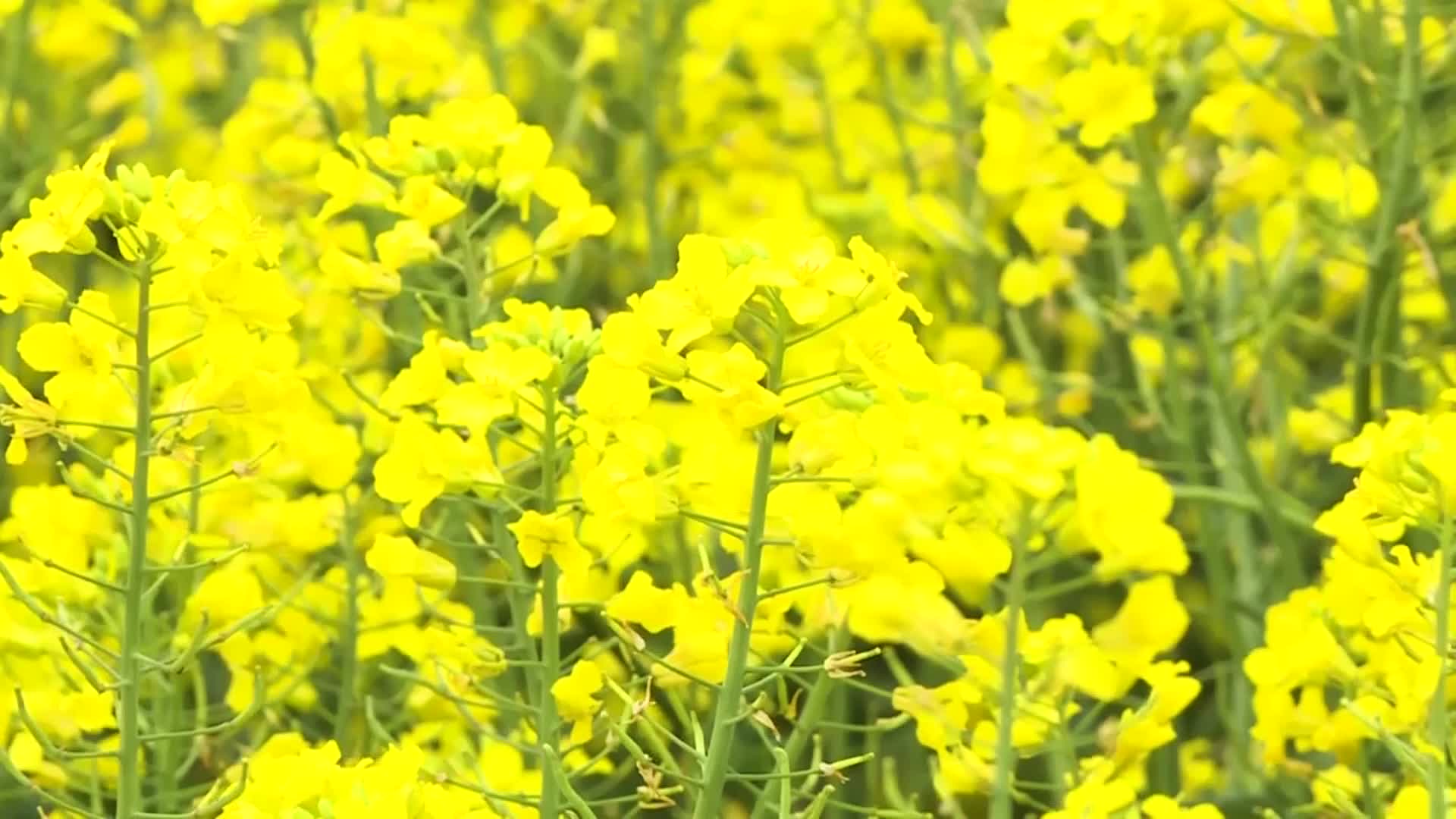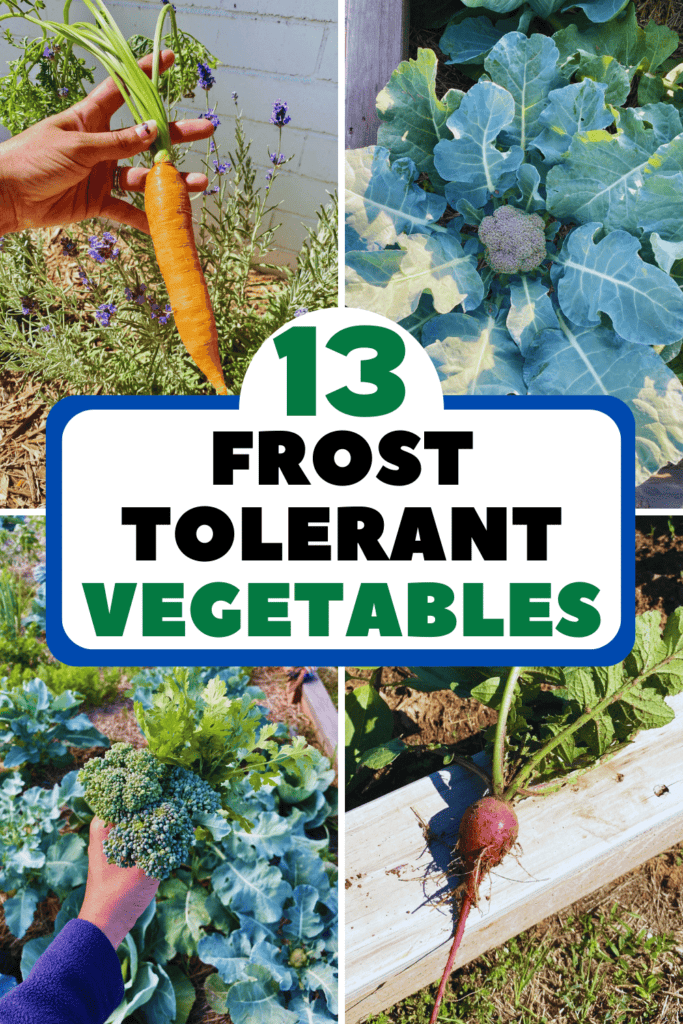Grow Cold-Hardy Veggies: Winter Garden Guide

As the days grow shorter and the air crisper, many gardeners hang up their trowels and retreat indoors. But what if I told you that your garden doesn't have to hibernate? Imagine your garden as a well-stocked pantry, brimming with fresh, cold-hardy vegetables even in the depths of winter. With the right knowledge and a bit of planning, you can transform your outdoor space into a thriving winter vegetable garden. Let's dive in and explore the world of cold-hardy vegetables for winter gardens.
Understanding Cold-Hardy Vegetables
Cold-hardy vegetables, also known as frost-tolerant vegetables or cool-season plants, are a resilient bunch. They thrive in temperatures that would make other plants shiver. These hardy produce options can withstand frost and even light snow, making them ideal for winter crops. But what makes them so tough?
These plants have developed mechanisms to protect their cells from freezing temperatures. Some accumulate sugars and other compounds that act like antifreeze, while others have flexible cell walls that can expand and contract without bursting. It's like they're wearing tiny, invisible winter coats!
Benefits of a Winter Vegetable Garden
Growing cold-hardy vegetables in winter offers numerous benefits. Firstly, you'll extend your harvest season, enjoying fresh produce year-round. Secondly, winter crops often require less water and have fewer pest and disease issues than their warm-season counterparts. Lastly, there's something deeply satisfying about harvesting your own food when the world is blanketed in snow. It's like finding a hidden treasure in a winter wonderland.
Top Cold-Hardy Vegetables for Winter Gardens
Ready to start your winter vegetable garden? Here are some of the best cold-hardy vegetables to grow:
Brassicas: The Kings of Cold
Brassicas, such as kale, cabbage, and Brussels sprouts, are some of the hardiest vegetables around. They can tolerate temperatures down to 20°F (-6°C) and even taste sweeter after a frost. It's like nature's own secret recipe – a touch of frost for extra sweetness!

Root Vegetables: Underground Champions
Carrots, parsnips, and turnips are excellent choices for winter gardens. They store well in the ground and can be harvested as needed. Plus, their tops can often withstand a light frost, making them a double-duty crop.
Alliums: The Resilient Bulbs
Onions, garlic, and leeks are incredibly resilient and can overwinter in many climates. They may not grow much during the coldest months, but they'll be ready to take off come spring.
Leafy Greens: Nutritious and Hardy
Spinach, arugula, and lettuce are surprisingly tough and can grow well into fall and winter. With a bit of protection, you can enjoy fresh salads year-round.
Tips for Growing Cold-Hardy Vegetables
Growing winter crops requires a slightly different approach than warm-season gardening. Here are some tips to help you succeed:
Timing is Everything
Cold-hardy vegetables need to be established before the first frost. This means sowing seeds or planting seedlings in late summer or early fall. Check your planting zone and the days to maturity for each crop to get the timing right.
Location, Location, Location
Choose a sunny spot for your winter vegetable garden. In cooler weather, plants need all the sunlight they can get to grow. Also, consider planting in raised beds or containers, which drain better and warm up faster in the spring.
Protect Your Crops
While cold-hardy vegetables can tolerate frost, they're not invincible. Consider using row covers, cold frames, or cloches to provide an extra layer of protection on the coldest nights.
Water Wisely
Winter crops need less water than their warm-season counterparts, but they still need consistent moisture. Water deeply once a week, unless there's been significant rainfall.
Mulch Matters
Mulching your winter garden helps insulate the soil, retains moisture, and suppresses weeds. Organic mulches, like straw or leaves, also add nutrients to the soil as they break down.
Common Challenges and Solutions
Growing a winter vegetable garden isn't without its challenges. Here are some common issues and solutions:
Frost Heave
Frost heave occurs when soil freezes and thaws, pushing plants out of the ground. To prevent this, mulch your garden well and ensure your soil is well-draining.
Snow Mold
Snow mold is a fungal disease that can affect plants under snow cover. To prevent it, avoid excessive nitrogen fertilization in the fall and ensure good air circulation.
Pests
While winter gardens have fewer pests, they're not immune. Keep an eye out for aphids, slugs, and rodents. Use physical barriers, like row covers, and organic pesticides as needed.
Embrace the Cold: Start Your Winter Garden Today
Growing cold-hardy vegetables is a rewarding way to extend your gardening season. With the right plants and techniques, you can enjoy fresh, homegrown produce year-round. So, why not embrace the cold and start your winter vegetable garden today? Your taste buds (and your pantry) will thank you!

FAQs
What are the best vegetables to grow in winter? The best vegetables to grow in winter include brassicas (kale, cabbage, Brussels sprouts), root vegetables (carrots, parsnips, turnips), alliums (onions, garlic, leeks), and leafy greens (spinach, arugula, lettuce).
How do I protect my winter garden from frost? You can protect your winter garden from frost using row covers, cold frames, or cloches. These provide an extra layer of protection on the coldest nights.
When should I plant my winter garden? Winter gardens should be planted in late summer or early fall. This allows the plants to establish before the first frost.
How often should I water my winter garden? Winter crops need less water than warm-season plants. Water deeply once a week, unless there's been significant rainfall.
What can I do to prevent frost heave in my winter garden? To prevent frost heave, mulch your garden well and ensure your soil is well-draining. This helps insulate the soil and prevents plants from being pushed out of the ground.
Happy gardening! Remember, every expert was once a beginner. Don't be afraid to get your hands dirty and learn as you grow. Your winter garden awaits!
0 Response to "Grow Cold-Hardy Veggies: Winter Garden Guide"
Post a Comment